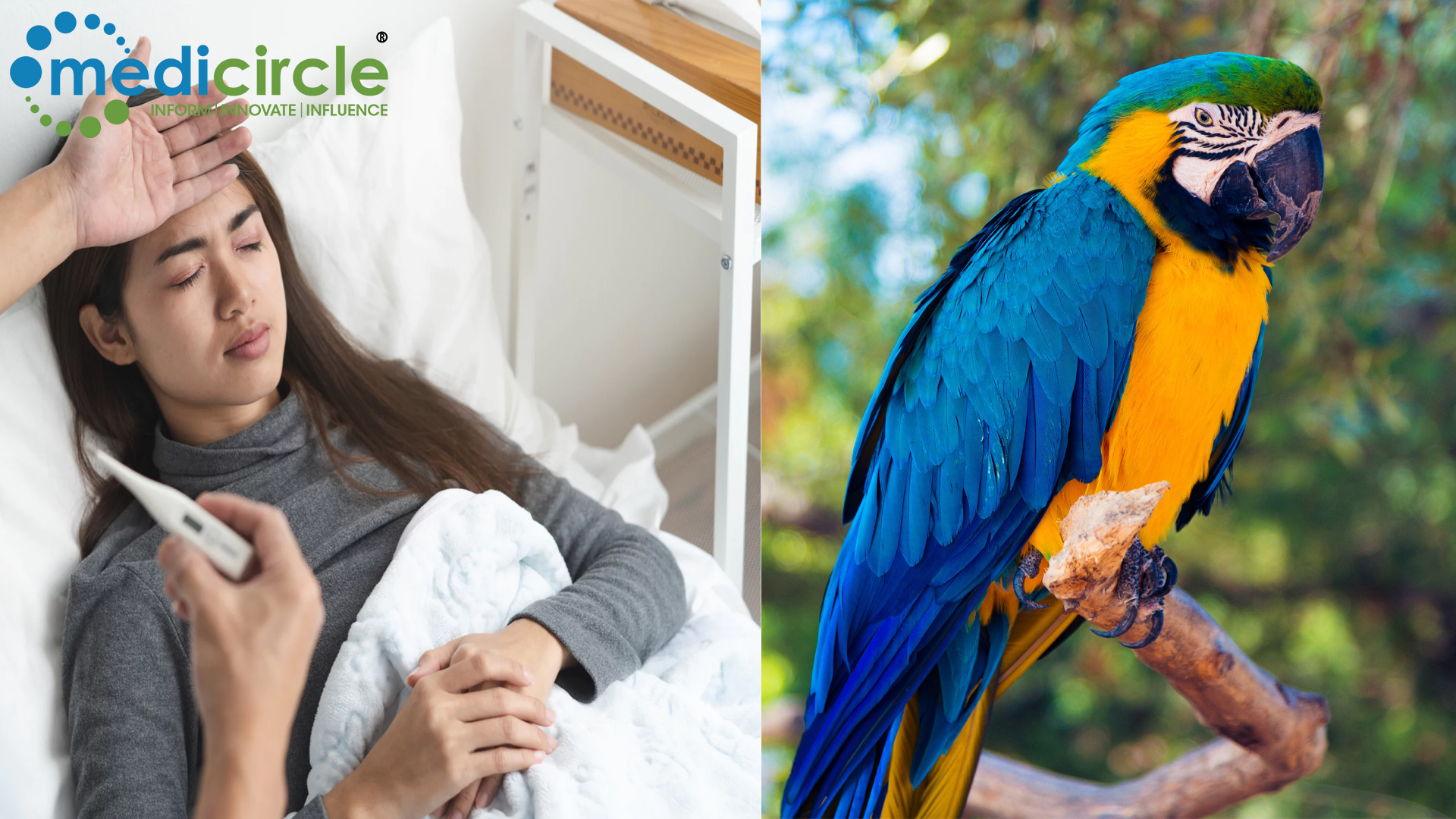In recent times, a deadly outbreak of psittacosis, also known as parrot fever, has gripped several European countries, sparking concerns among health authorities and the general public alike. Countries including Austria, Denmark, Germany, Sweden, and The Netherlands have reported a surge in cases, with five fatalities reported, according to the World Health Organisation (WHO). The infection, primarily associated with contact with infected birds, has raised alarms across the region.
Psittacosis, caused by the bacterium Chlamydophila psittaci, is a respiratory infection commonly found in birds. Human infections typically occur through direct or indirect contact with infected birds and are often observed in individuals working closely with pet birds, poultry, veterinarians, and gardeners in areas with infected bird populations. The recent increase in psittacosis cases, particularly noted since November-December 2023, has prompted epidemiological investigations in affected countries to identify potential exposures and clusters of cases.
As health authorities grapple with containing the outbreak, measures such as analysing samples from wild birds to determine the prevalence of Psittaci are being undertaken. Despite the concerning rise in cases, the WHO has assessed the risk as low based on available information. However, vigilance and proactive measures remain crucial in mitigating the spread of the infection and preventing further casualties.
Psittacosis manifests with symptoms including fever, chills, headache, muscle aches, and dry cough. Most individuals develop signs and symptoms within 5 to 14 days after exposure to the bacteria. Prompt antibiotic treatment is paramount in managing the infection and averting complications such as pneumonia. With appropriate antibiotic therapy, psittacosis rarely results in death, with mortality rates remaining low at less than 1 in 100 cases.
While some cases have led to pneumonia and subsequent hospitalisation, the WHO has reassured the public regarding the low likelihood of human-to-human transmission of the disease. Accurate diagnosis and timely administration of antibiotic treatment are pivotal in effectively managing psittacosis and curbing its spread within communities.
As the outbreak unfolds, ongoing surveillance and collaborative efforts among healthcare professionals, authorities, and the public are essential in containing the spread of psittacosis and safeguarding public health. While the situation remains under scrutiny, adherence to preventive measures, including proper hygiene practices and avoiding contact with infected birds, is paramount in preventing further transmission of the infection.
The WHO’s continued monitoring and assessment of the outbreak highlights the importance of swift and coordinated action to address emerging health threats. By remaining vigilant and proactive, healthcare systems can effectively respond to outbreaks like psittacosis and ensure the well-being of populations worldwide.

 By remaining vigilant and proactive, healthcare systems can effectively respond to outbreaks like psittacosis and ensure the well-being of populations worldwide.
By remaining vigilant and proactive, healthcare systems can effectively respond to outbreaks like psittacosis and ensure the well-being of populations worldwide.























.jpeg)









